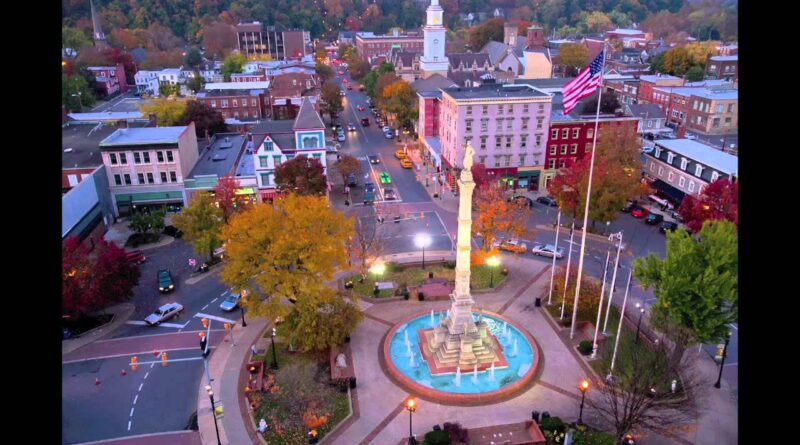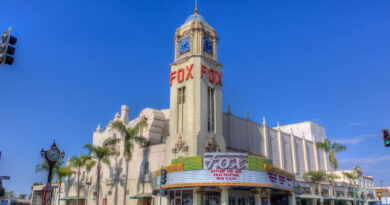History Of Easton Pennsylvania
Nestled on the banks of the scenic Delaware River, Easton, Pennsylvania, is a city steeped in rich history that dates back centuries. From its humble beginnings as a small colonial settlement to its role in the birth of the nation, Easton has witnessed significant historical events and played a vital role in shaping the United States. Let’s embark on a journey through time to explore the captivating history of Easton.
Early Settlement and the Founding Years of Easton PA
Easton’s history can be traced back to the early 18th century when European settlers arrived in the region. In 1739, Thomas Penn, son of William Penn, the founder of Pennsylvania, commissioned the surveying and mapping of the area. In 1752, a group of settlers led by Thomas Craig established a small village at the confluence of the Delaware and Lehigh Rivers, which would eventually become Easton.
Easton’s Strategic Location and Revolutionary Role
Easton’s strategic location made it a hub for transportation and trade. The burgeoning town flourished as a vital link between Philadelphia and the western frontier. During the American Revolution, Easton played a pivotal role. In December 1776, the city hosted the famous “Walking Purchase” treaty, where Native American land rights were negotiated. Additionally, Easton became a center for military operations, housing a hospital for wounded soldiers during the Revolutionary War.
The Birthplace of the Canal Era
One of the most significant chapters in Easton’s history unfolded in the early 19th century when it became the birthplace of the American Canal Era. The construction of the Delaware Canal, completed in 1832, connected Easton to Bristol, Pennsylvania, enabling the transportation of goods and opening up trade routes to New York City. Easton became a bustling canal town, witnessing economic prosperity and industrial growth.
Industrialization and the Rise of Innovation
The arrival of the railroad in the mid-19th century ushered in a new era of industrialization for Easton. The Lehigh Valley Railroad, established in 1855, further enhanced the city’s accessibility, spurring economic development. Industries such as iron and steel manufacturing, silk production, and the famous Dixie Cup Company emerged, driving Easton’s growth and attracting a diverse workforce.
Cultural and Architectural Landmarks in Easton
Easton’s historical significance is evident in its architectural heritage and cultural landmarks. The Northampton Street Historic District showcases a blend of architectural styles, including Federal, Georgian, and Victorian. The iconic Easton Farmers’ Market, founded in 1752, is one of the oldest continuously operating farmers’ markets in the United States. The State Theatre Center for the Arts, built-in 1926, stands as a testament to Easton’s commitment to the arts and entertainment.
Modern Era and Easton Community Revitalization
Like many cities in the post-industrial era, Easton faced challenges, including economic decline and urban decay. However, the city’s strong sense of community and dedication to revitalization have driven a remarkable transformation. In recent years, Easton has experienced a revival, with efforts focused on restoring historic buildings, promoting local businesses, and fostering a vibrant arts and cultural scene. The revitalized downtown district has become a destination for residents and visitors alike, offering a wide array of shops, restaurants, and entertainment venues.
Conclusion
Easton, Pennsylvania, is a city with a storied past that has shaped its present identity. From its colonial origins to its critical role in the American Revolution and the birth of the canal era, Easton has woven itself into the fabric of American history. Today, as Easton continues to reinvent itself, the city embraces its heritage while looking towards a promising future.
Discover more from City Towner
Subscribe to get the latest posts sent to your email.




